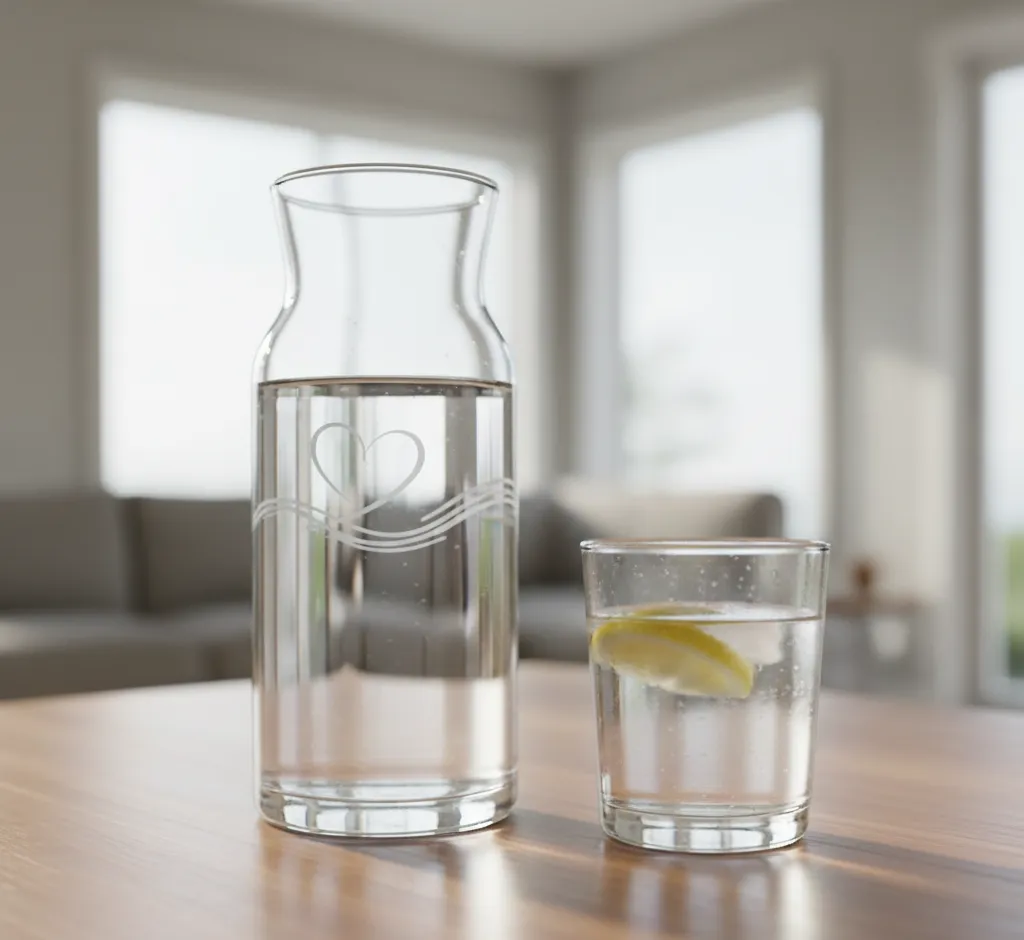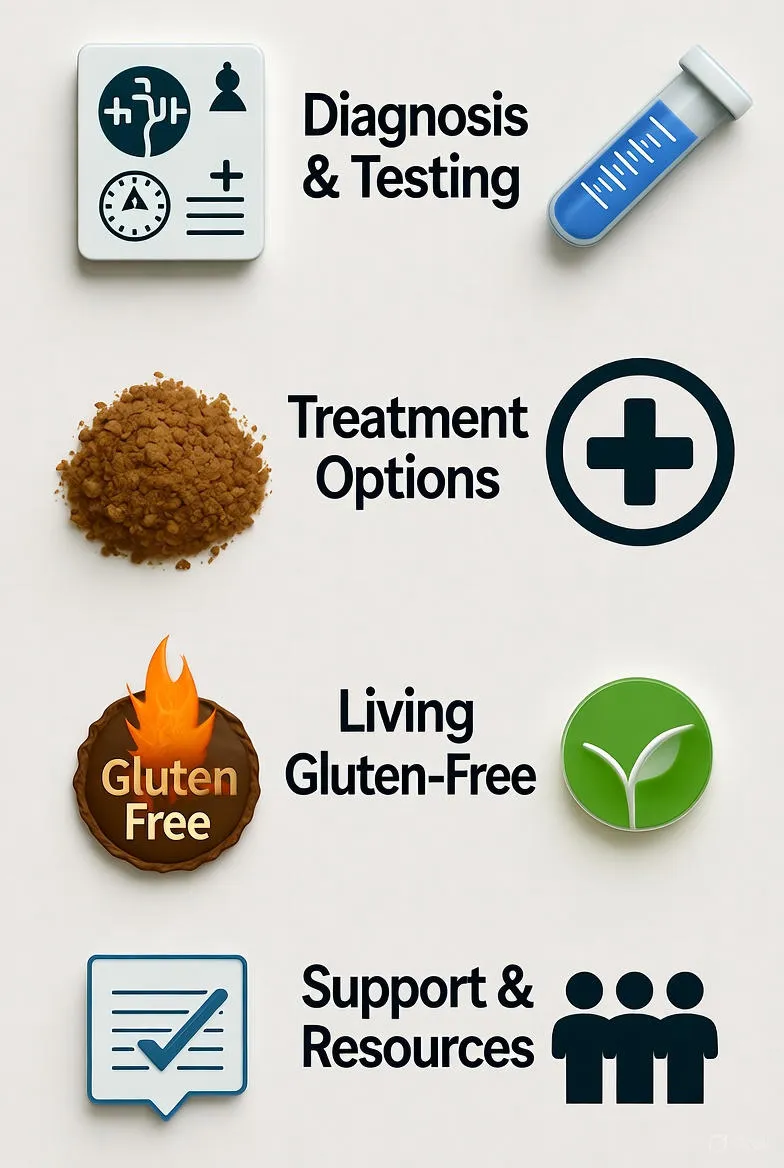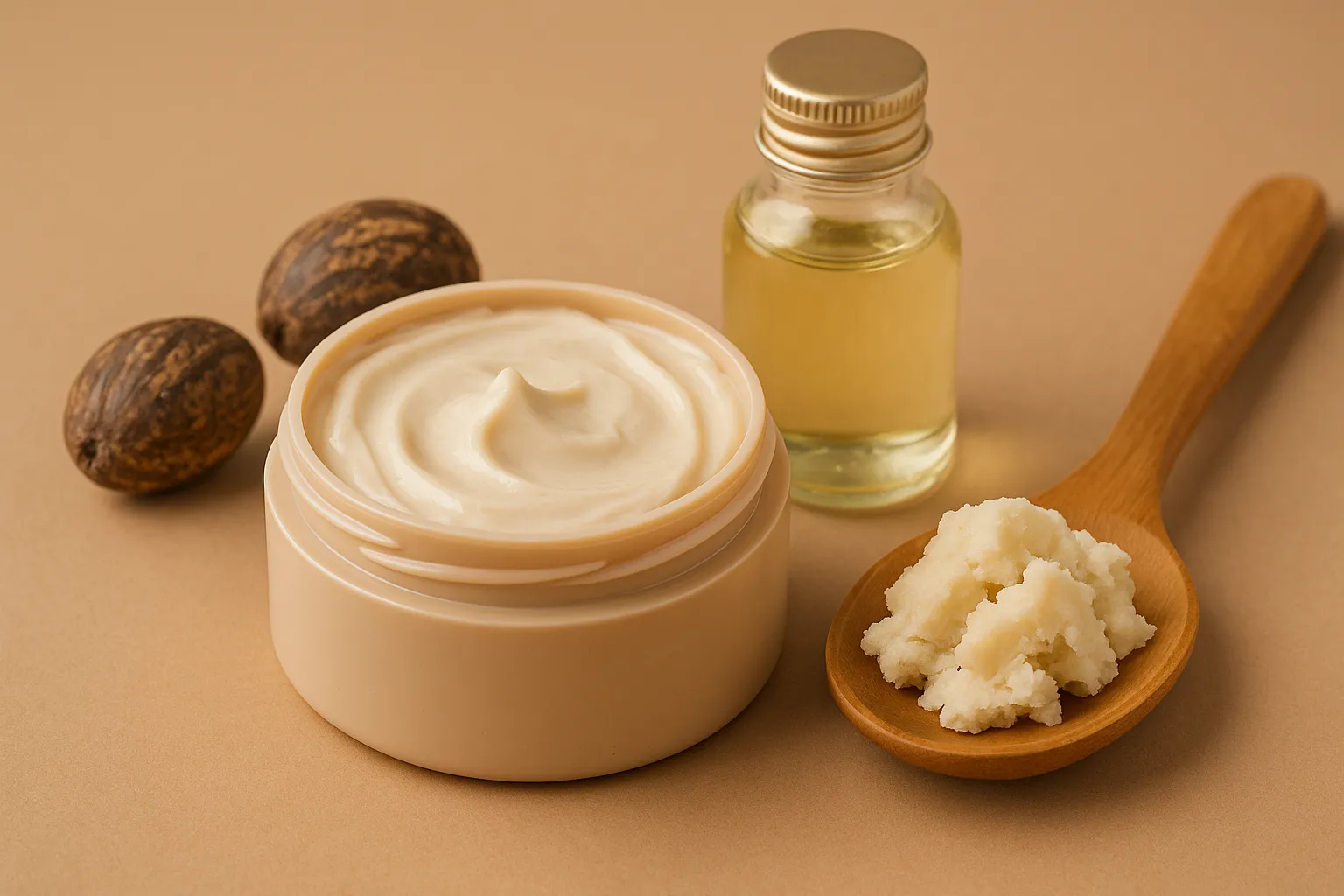The Hydration Connection: Facts on Water Intake and Blood Pressure Regulation
Explore the scientific facts detailing how adequate water intake directly influences blood pressure regulation, including its effects on blood volume, viscosity, and key hormones like RAAS and Vasopressin.

Understanding the Crucial Role of Water in Cardiovascular Health
Water, the simple necessity of life, is the medium through which virtually every biological process occurs. In the context of cardiovascular health, specifically blood pressure regulation, its role is not merely supportive—it is fundamental. The relationship between your daily water intake and the stability of your blood pressure is complex, involving intricate hormonal, renal, and vascular mechanisms. Understanding this 'hydration connection' is key to managing hypertension and maintaining optimal circulatory function.
The Body's Internal Plumbing: Blood Volume and Viscosity
One of the most direct ways water intake affects blood pressure is through its influence on **blood volume**. Blood pressure is, by definition, the force exerted by circulating blood upon the walls of blood vessels. A significant component of this pressure is determined by the volume of fluid within the circulatory system.
- Adequate Hydration: When you are well-hydrated, your blood volume is optimal. This allows the heart to pump efficiently and prevents excessive strain on the arterial walls.
- Dehydration: Conversely, when the body is dehydrated, blood volume decreases. To maintain adequate circulation, the heart may beat faster (a process called **tachycardia**), and blood vessels may constrict. Furthermore, dehydration increases the **viscosity** (thickness) of the blood, making it harder for the heart to pump, potentially leading to a temporary rise in blood pressure.
While acute dehydration can cause a temporary drop in blood pressure (orthostatic hypotension), chronic, mild dehydration can contribute to a state of sustained arterial stiffness and elevated pressure as the body attempts to compensate for reduced volume.
The Renin-Angiotensin-Aldosterone System (RAAS) and Fluid Balance
The body does not rely on passive mechanisms alone; it has a powerful, sophisticated hormonal system to manage fluid and salt balance, known as the Renin-Angiotensin-Aldosterone System (RAAS). This system is the body’s master regulator for blood pressure, and it is highly sensitive to changes in hydration status.
How RAAS Responds to Low Water Intake:
- Renin Release: When the kidneys detect a drop in blood flow or volume (often due to dehydration), they release the enzyme **renin**.
- Angiotensin II Production: Renin initiates a cascade that ultimately leads to the production of **Angiotensin II**, a potent vasoconstrictor that narrows blood vessels, directly increasing blood pressure.
- Aldosterone Secretion: Angiotensin II stimulates the adrenal glands to release **aldosterone**, a hormone that signals the kidneys to retain sodium and, consequently, water, to increase blood volume.
In individuals with chronic low water intake, this compensatory mechanism can be constantly activated, contributing to chronic hypertension. By maintaining adequate hydration, we can dampen the necessity for this system to fire aggressively, helping to keep blood pressure within a healthy range.
Water's Influence on Vasopressin (Antidiuretic Hormone - ADH)
Another critical hormone is **Vasopressin**, also known as Antidiuretic Hormone (ADH), which is released by the pituitary gland. Its primary job is to tell the kidneys how much water to conserve. However, research indicates that vasopressin has a secondary role in blood pressure regulation.
Did You Know? Mild dehydration is one of the most powerful stimuli for vasopressin release. While its main goal is water retention, high levels of vasopressin can also act as a vasoconstrictor, directly contributing to elevated blood pressure.
Optimal hydration minimizes the release of high levels of vasopressin, thereby reducing this hormonal-driven vasoconstriction and supporting lower, healthier blood pressure.
Specific Facts: The Impact of Water Timing and Type
1. Acute Blood Pressure Effects (Drinking Water):
Contrary to the general rule that water lowers blood pressure, studies have shown that in some individuals (particularly the elderly or those with certain autonomic nervous system disorders), a large, rapid intake of plain water can cause a temporary **rise** in blood pressure. This is known as the **water pressor effect** and is thought to be mediated by the autonomic nervous system. For most healthy people, this effect is transient and not clinically significant, but it highlights the complexity of the body’s response to volume changes.
2. Mineral Water vs. Tap Water:
The composition of the water matters. Mineral waters, especially those rich in **magnesium** and **calcium**, have been studied for their potential blood pressure-lowering effects. Both minerals are essential for muscle relaxation, including the smooth muscles in blood vessel walls. Chronic intake of water with higher concentrations of these minerals may offer a modest, additive benefit to a comprehensive hypertension management plan.
3. The Role of Temperature:
While often anecdotal, extremely cold water can trigger a vagal response, sometimes leading to a temporary drop in heart rate (bradycardia), which can have an immediate, though minor, effect on blood pressure. However, the temperature of the water has negligible long-term impact compared to the total volume consumed.
Practical Hydration Strategies for Blood Pressure Management
For individuals with or at risk of hypertension, hydration must be a deliberate component of their lifestyle. The general recommendation is to drink enough water so that urine is a pale yellow color, but specific needs vary based on climate, activity level, and body weight.
- Listen to Thirst (But Not Only Thirst): The sensation of thirst often lags behind the actual onset of dehydration, especially in older adults. Don't wait until you're parched to drink.
- Pre-emptive Hydration: Start your day with a large glass of water to rapidly correct overnight fluid losses.
- Avoid Over-reliance on Diuretics: Coffee, tea, and alcohol are mild diuretics, meaning they encourage fluid excretion. While moderate consumption is fine, they should not be counted as primary sources of hydration.
In conclusion, adequate water intake is a simple, non-pharmacological strategy that supports the body's native mechanisms for blood pressure control. It supports optimal blood viscosity, helps suppress the overactivation of the RAAS, and minimizes the vasoconstrictive effects of ADH. It is a cornerstone of cardiovascular wellness.


